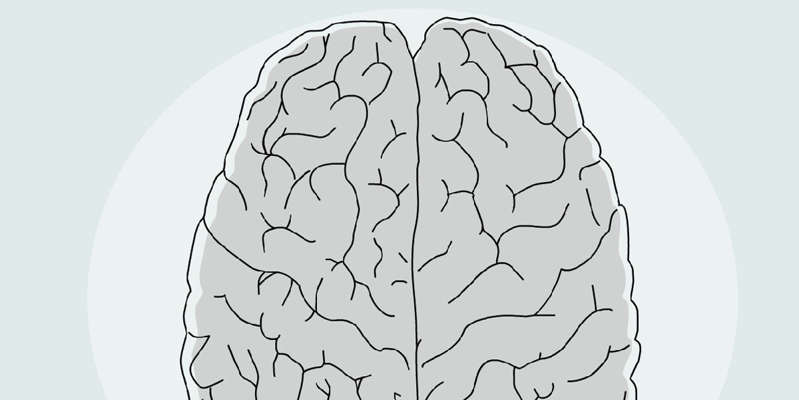
Hydrogen sulfide linked to dementia
Scientists from the University of Reading, the University of Leeds and Johns Hopkins University in the United States have named a new cause of dementia. The study found that the disease is related to toxic gas that builds up in the brain, Scientific Reports reports.
This is hydrogen sulfide (H2S). It is formed inside the body in small amounts. For example, it is produced by the brain and some smooth muscles, including the thoracic aorta (the portion of the aorta in the chest) and the ileum (the end of the small intestine).
Observations of laboratory rats have shown that H2S disrupts the normal functioning of potassium channels, which regulate electrical activity through connections between brain cells. When the channels don't work properly, nerve cell death occurs. Scientists noted that hydrogen sulfide ultimately destroys the systems that allow humans to communicate effectively.
“There is growing interest in the effects of hydrogen sulfide on the brain, and this study shows how important the effects of hydrogen sulfide may be on normal brain function,” said study author Dr. Mark Dallas.
The development of drugs that can reduce the level of hydrogen sulfide in the brain may open up new avenues for the treatment of not only dementia, but also epilepsy. Scientists have previously named an early symptom of dementia. Patients with the initial form of the disease often experience apathy.

